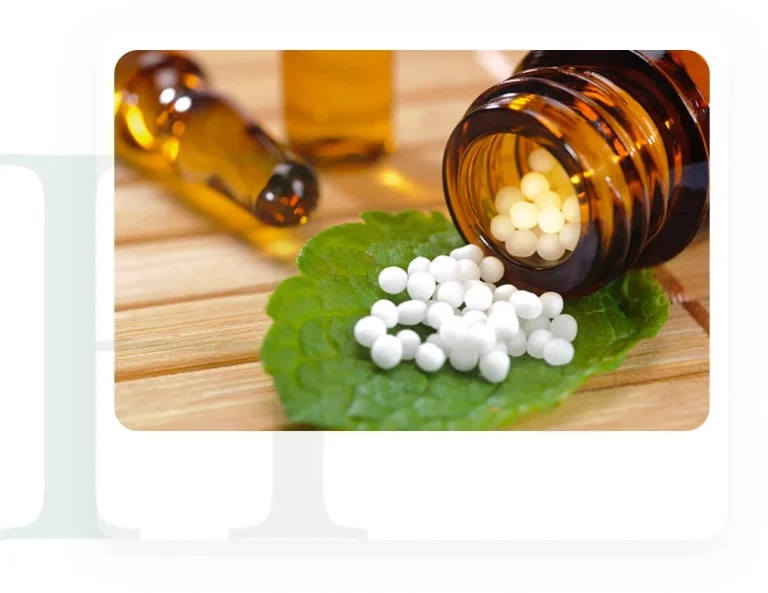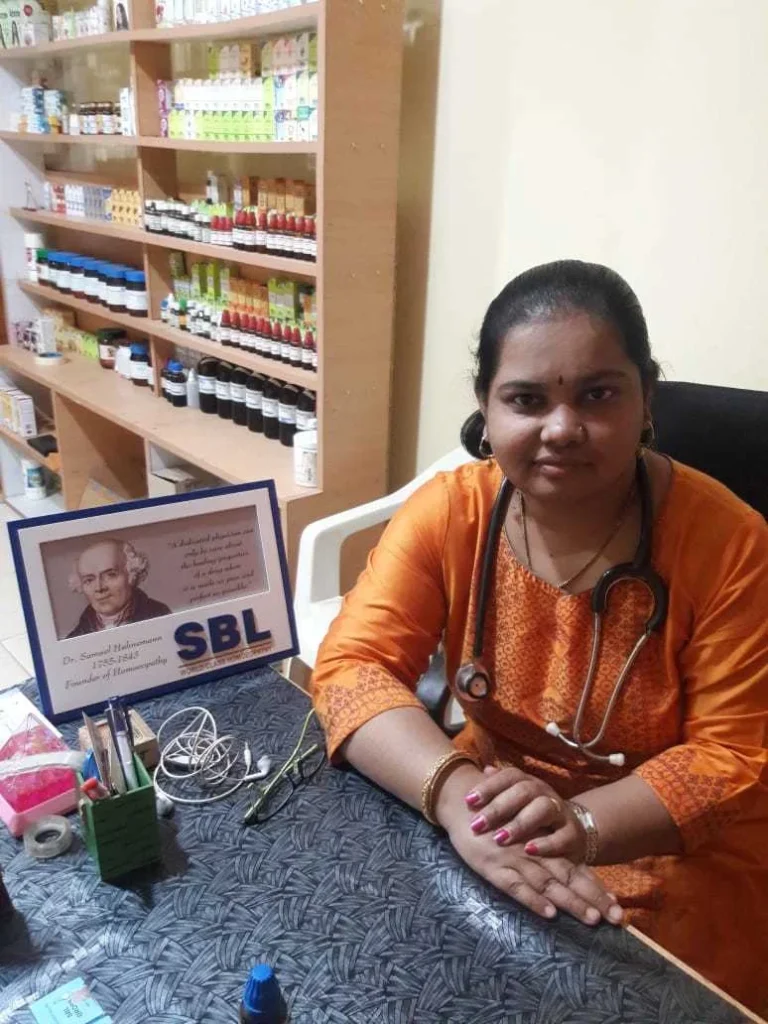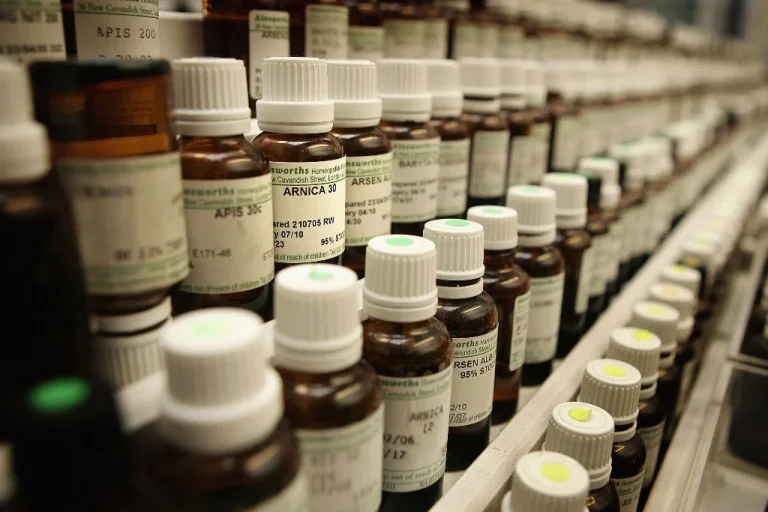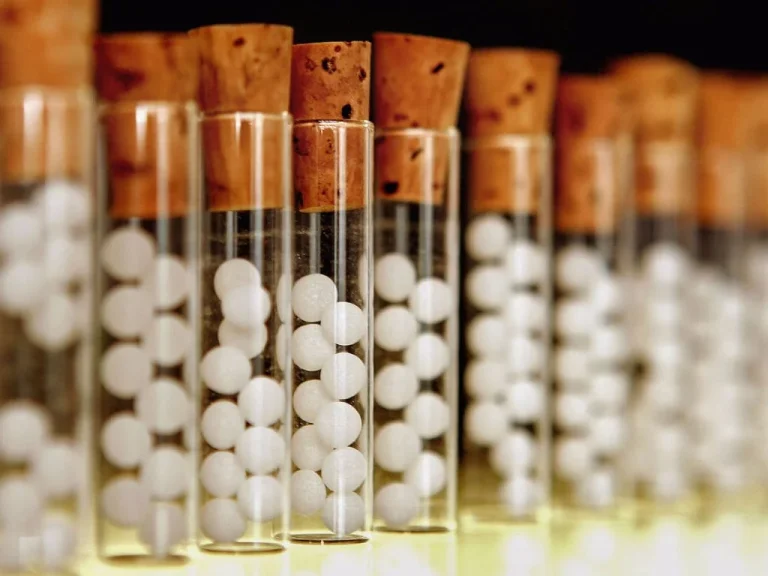Homeopathy
“Like cures like”
“Law of minimum dose”


Homeopathy, also known as homeopathic medicine, is a medical system that was developed in Germany more than 200 years ago. It’s based on two unconventional theories:
“Like cures like”—the notion that a disease can be cured by a substance that produces similar symptoms in healthy people
“Law of minimum dose”—the notion that the lower the dose of the medication, the greater its effectiveness. Many homeopathic products are so diluted that no molecules of the original substance remain.
Homeopathic products come from plants (such as red onion, arnica [mountain herb], poison ivy, belladonna [deadly nightshade], and stinging nettle), minerals (such as white arsenic), or animals (such as crushed whole bees). Homeopathic products are often made as sugar pellets to be placed under the tongue; they may also be in other forms, such as ointments, gels, drops, creams, and tablets. Treatments are “individualized” or tailored to each person—it’s common for different people with the same condition to receive different treatments.
It was developed by Samuel Hahnemann (1755-1843), a German doctor who became dissatisfied with the medical practices of his time. These included the prescribing of toxic substances like arsenic and lead. While studying the harmful effects of such substances, he discovered that illness could be treated with very small amounts of the substance that, in larger quantities, caused it.
Although the idea that like cures like can be traced back to the Greek physician, Hippocrates (460-377BC), it was Hahnemann who developed it into a system of treatment. Hahnemann spent several years experimenting on himself and a group of volunteers testing a wide range of natural substances, such as plants, minerals and metals. To avoid harmful side effects, he diluted each medicine until he reached the greatest dilution that would still produce a response. These experiments were called provings and are the foundations of homeopathic medicine.


Worldwide over 200 million people use homeopathy on a regular basis.Homeopathy is included in the national health systems of a number of countries e.g. Brazil, Chile, India, Mexico, Pakistan, Switzerland.
India leads in terms of number of people using homeopathy, with 100 million people depending solely on homeopathy for their medical care.There are over 200,000 registered homeopathic doctors currently, with approximately 12,000 more being added every year.
100 million EU citizens, some 29% of the EU’s population, use homeopathic medicines in their day-to-day healthcare.Homeopathy is practiced in 40 out of 42 European countries.
10% of people in the UK use homeopathy – an estimated 6 million people.
In Britain, the market for homeopathy is growing at around 20% per year. In 2007, it was estimated to be worth £38m, and is projected to reach £46m in 2012.There are ~ 400 doctors in the UK that use homeopathy, regulated by the Faculty of Homeopathy and promoted by the British Homeopathic Association.There are ~1,500 professional homeopaths (non-medically qualified homeopaths) in the UK, regulated by the Society of Homeopaths (65%), Alliance of Registered Homeopaths and Homeopathic Medical Association. They largely operate in private practice outside the NHS.
According to the National Institutes of Health, over 6 million people in the United States use homeopathy, mainly for self-care of specific health conditions.Of those who use homeopathy, ~1 million are children and over 5 million are adults.
